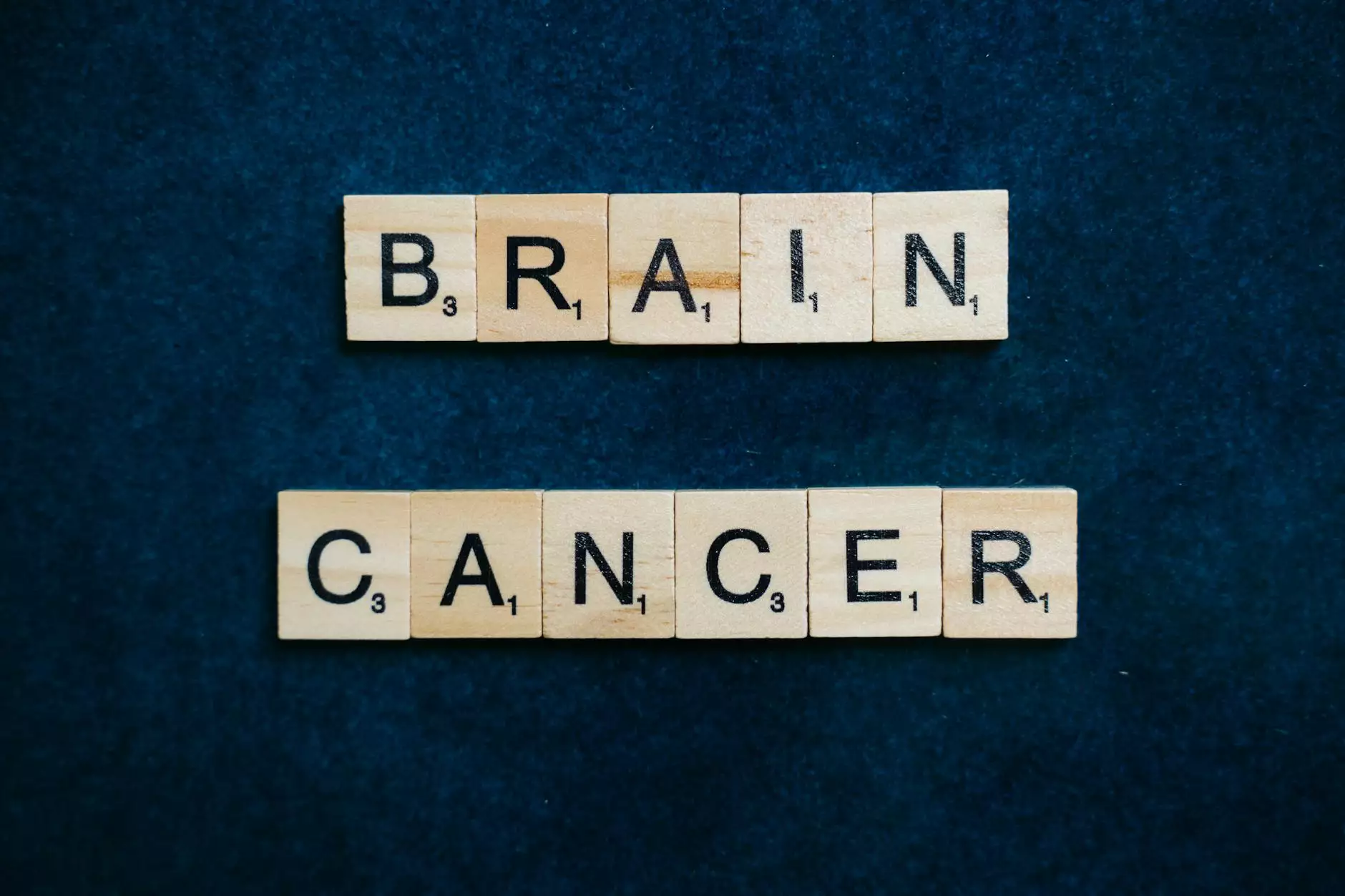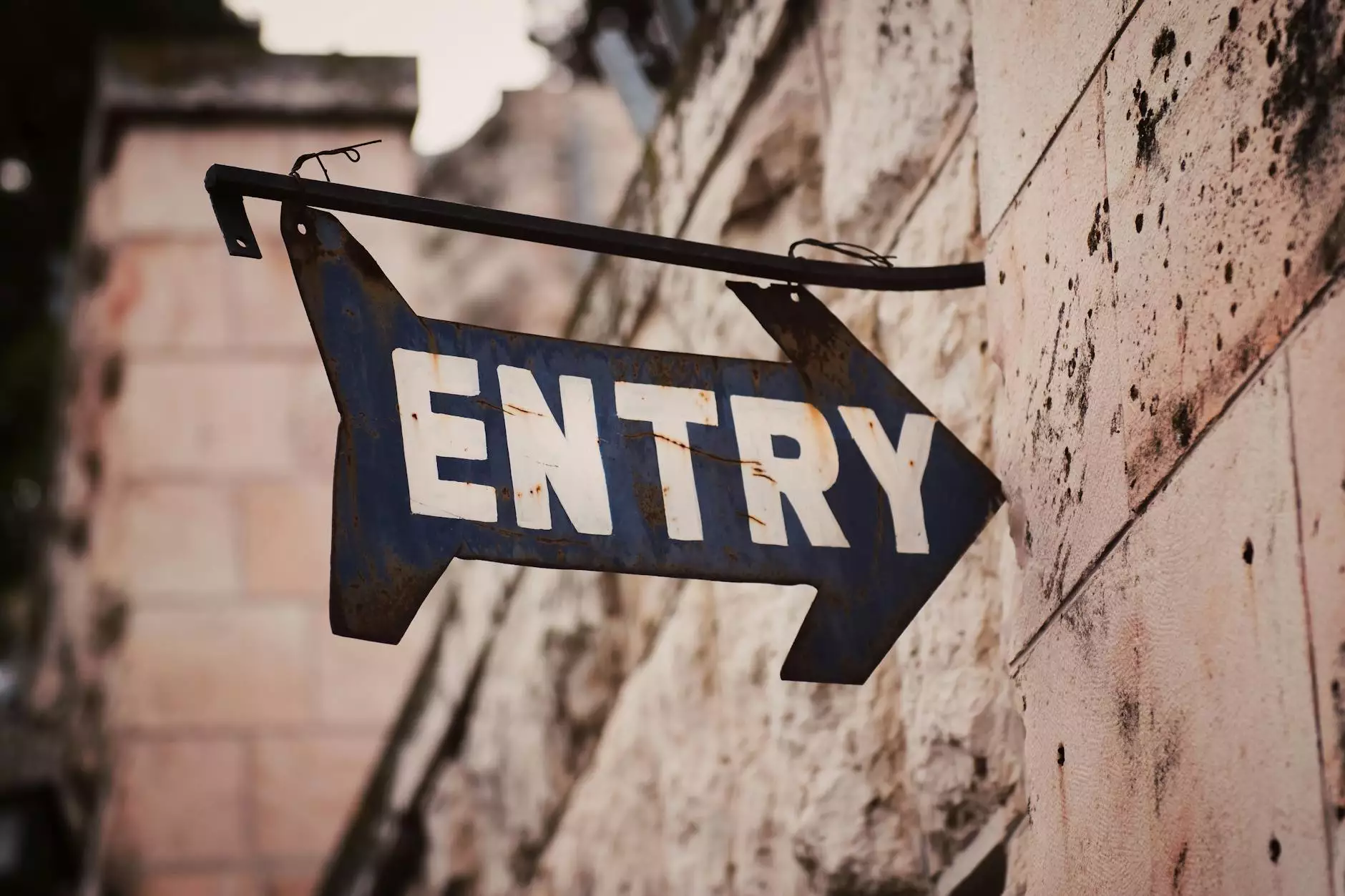The Comprehensive Guide to Order K2 Paper Plea Agreements

Understanding the Basics of Plea Agreements
A plea agreement, also often referred to as a plea bargain, is a crucial component of the criminal justice system. It involves an arrangement between the defendant and the prosecution where the defendant agrees to plead guilty to a lesser charge, or in return for a concession in sentencing. The process of reaching a plea agreement can significantly reduce the uncertainty of trials and is vital for managing the court's caseload.
Components of a Plea Agreement
- Charge Reduction: One of the most common outcomes, where the defendant pleads guilty to a less severe charge than initially presented.
- Sentence Recommendation: The prosecution may recommend a lighter sentence in exchange for the defendant's guilty plea.
- Cooperation Clause: Often, defendants agree to cooperate with law enforcement in other cases, providing vital information in exchange for more favorable terms.
- Waiver of Rights: The defendant usually waives certain rights, such as the right to a trial and the right to appeal.
Explaining the Order K2 Paper in Legal Context
The phrase "order K2 paper plea agreement" encapsulates various legal elements. Here's a breakdown of these terms:
- Order: This indicates a directive issued usually by a judge, requiring specific actions be taken regarding a plea deal.
- K2: This may refer to a specific case number or category relevant to the plea agreement.
- Paper: In this context, it pertains to the paperwork involved in formalizing the plea agreement.
- Plea Agreement: As discussed, this is the document that outlines the terms agreed upon between the defendant and prosecution.
The Importance of Accurate Documentation in Plea Agreements
The preparation of the order K2 paper plea agreement is a meticulous process. Both legal teams must ensure that every detail is accurately documented. This includes:
Detailing the Charges
It is imperative that the document clearly outlines the specific charges the defendant is pleading guilty to. This helps prevent misunderstandings and ensures that all parties are aware of the legal ramifications involved.
Outlining the Terms of Agreement
The terms, including any agreed-upon sentences, reductions, or conditions, need to be clearly articulated. These stipulations are central to safeguarding the rights of the defendant and ensuring compliance by the court and prosecution.
Why Order K2 Papers Matter in Legal Frameworks
The term "order K2 papers" signifies a procedural step in the legal framework that ensures accountability and transparency. These documents play a critical role in preserving the integrity of the judicial process. Here’s why:
- Documentation of Consent: The plea agreement serves as proof of the defendant's consent to the terms laid out, which is vital should any disputes arise later.
- Judicial Oversight: By issuing an order, the court maintains oversight of the negotiation process, ensuring that everything is conducted fairly and in accordance with the law.
- Plea Agreements and Case Management: Efficient documentation aids in case management, helping to sort and resolve cases in a timely manner while ensuring justice is served.
Navigating the Legal Landscape: The Role of Attorneys
Navigating a plea agreement requires the expertise of skilled legal professionals. Attorneys specializing in criminal law will often guide defendants through the murky waters of legal jargon, court procedures, and potential outcomes. They provide essential insights into:
Evaluating the Pros and Cons
Legal counsel is key in helping defendants weigh the benefits of accepting a plea deal versus facing trial. Understanding the potential implications of both paths is vital for informed decision-making.
Negotiating Terms
Attorneys play a significant role in negotiating favorable terms within plea agreements. A well-negotiated agreement can lead to significantly reduced sentences.
The Impact of Order K2 Paper Plea Agreements on Individuals
The outcome of a plea agreement can have profound effects on defendants and their families. Successfully navigating the plea agreement process allows defendants to:
- Avoid Jail Time: A favorable plea outcome may lead to probation instead of incarceration, giving individuals a chance to rehabilitate.
- Preserve Employment: Avoiding more severe charges can help maintain jobs and allow for continued financial support for families.
- Reduce Long-Term Consequences: Lesser charges can often lead to fewer long-term repercussions, including diminished collateral consequences relating to housing and employment opportunities.
The Future of Plea Agreements in the Legal System
As the legal landscape evolves, so too does the process surrounding plea agreements. Increasing calls for criminal justice reform are prompting changes that could reshape how plea deals are structured and processed. Potential changes may include:
- Increased Transparency: There is an ongoing push for greater transparency in plea agreements to ensure fairness, particularly for marginalized communities.
- Judicial Discretion: Courts may receive more authority to review and reject plea agreements that are not in line with the principles of justice.
- Alternatives to Incarceration: Programs aiming to provide alternatives to sentencing that involve community service or rehabilitation could reshape the landscape of plea bargaining altogether.
Conclusion
In conclusion, understanding the intricacies of the order K2 paper plea agreement is fundamental for anyone involved in the criminal justice system. These agreements offer pathways to justice, reducing the uncertainty and potential harms of lengthy trials. With the guidance of skilled attorneys, defendants can navigate the legal processes with greater confidence, paving the way for a more favorable outcome.
The legal system continually evolves, and with it, the importance of these agreements remains a pivotal topic for discussion. For individuals and families affected by the criminal justice system, the implications are vast and lasting. Staying informed and engaged with legal proceedings and documentation is essential for ensuring rights are upheld and justice is served.









